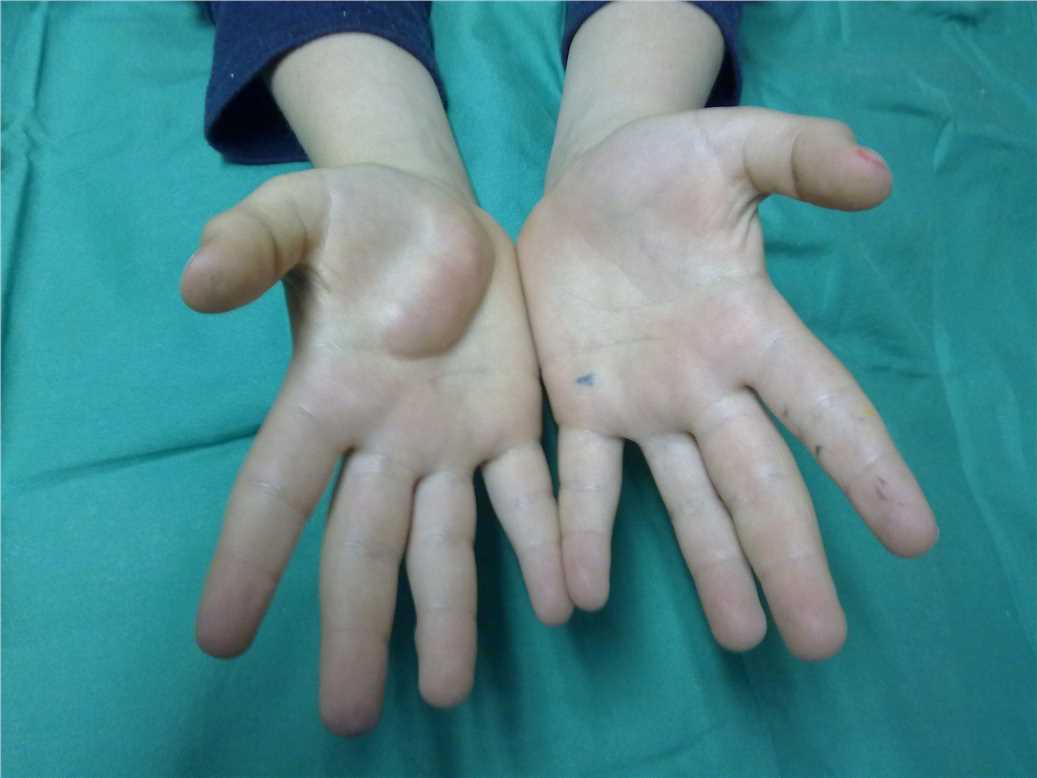Sarcomas related Vaccine Development Service
Creative Biolabs is a world leader in the field of cancer vaccine development. With our extensive experience and advanced platform, we are therefore confident in offering the best services for vaccine development against sarcomas and guarantee the finest results for our customers all over the world.
 Sarcomas
Sarcomas
A sarcoma is a cancer arising from transformed cells of mesenchymal origin. Sarcomas are a family of rare cancers, encompassing a huge variety of histological subgroups, and their immunogenicity varies substantially across histologies, with discrepant mutational loads, specific antigenic expressions, and immune contextures. Malignant tumors made of cartilage, cancellous bone, muscle, fat, vascular, or hematopoietic tissues are considered sarcomas. Surgery is important in the treatment of most sarcomas. Additional treatments may include chemotherapy and radiation therapy, which can be administered before and/or after surgery. Chemotherapy significantly improves the prognosis of many patients with sarcomas, especially those with bone sarcomas.
Therapeutic Vaccines for Sarcomas
Several sarcomas vaccines have been tested in Creative Biolabs, including tumor lysates, whole tumor cells, specific antigens such as gangliosides, the SYT–SSX fusion protein of synovial sarcoma, and NY-ESO-1. In principle, sarcomas might be a good target for vaccines, because one-fifth of STSs are marked by chromosomal translocations, and thereby fusion proteins may be generated. Other possibilities include presence of cancertestis antigens in some histologic variants, as a consequence of translocations, and the frequent expression of gangliosides. However, most results with vaccines employing whole tumor cells and tumor lysates have been unrewarding, like those employing dendritic cells pulsed with specific fusion proteins. If this reflects an effective baseline switch-off of the T cell response in sarcomas, prospects may rely on combining vaccines with agents counteracting mechanisms of immunosuppression.
Alveolar soft part sarcoma and clear cell sarcoma carry chromosomal translocations, which result in the activation of members of the microphthalmia-associated transcription family of factors (MITF), with shared activation of oncogenic pathways such as c-Met and the hypoxiainducible factor (HIF). The agents targeting these pathways are active in these sarcomas. There are gene expression profile similarities between clear cell sarcoma and malignant melanoma.
With regard to high-risk (metastatic) Ewing sarcoma and rhabdomyosarcoma, a first-generation study was reported using unmanipulated autologous lymphocyte infusions ± rhIL-2 plus dendritic cells pulsed with peptides derived from the breakpoint regions of chromosomal translocations typical of these tumors. More recently, a small study employed a second-generation vaccination carried out using autologous lymphocytes and dendritic cells pulsed with autologous tumor lysate ± rhIL-7 after standard multimodality treatment. More than 60% of patients showed immune responses toward the tumor lysate, and more than 60% of patients with metastatic and recurrent Ewing sarcoma and rhabdomyosarcoma were alive even after 5 years. In chordoma, a yeast-based cancer vaccine against brachyury was tested in a phase I study and was associated with prolonged tumor stabilization in most of the 10 patients treated, apparently with one partial response in a patient previously treated with radiation therapy. A randomized phase II trial is now ongoing, in combination with radiation therapy.
Creative Biolabs is a leader in the field of vaccine development and has focused on the cancer vaccines for years. We have experts who are able to help you with the development of the sarcomas vaccines. If you are interested in our services, please contact us for more details.
All of our products can only be used for research purposes. These vaccine ingredients CANNOT be used directly on humans or animals.


